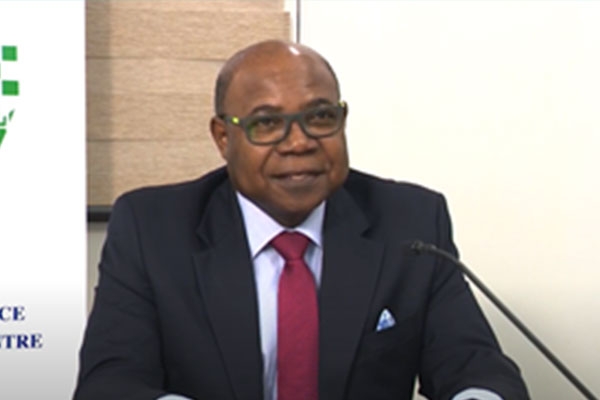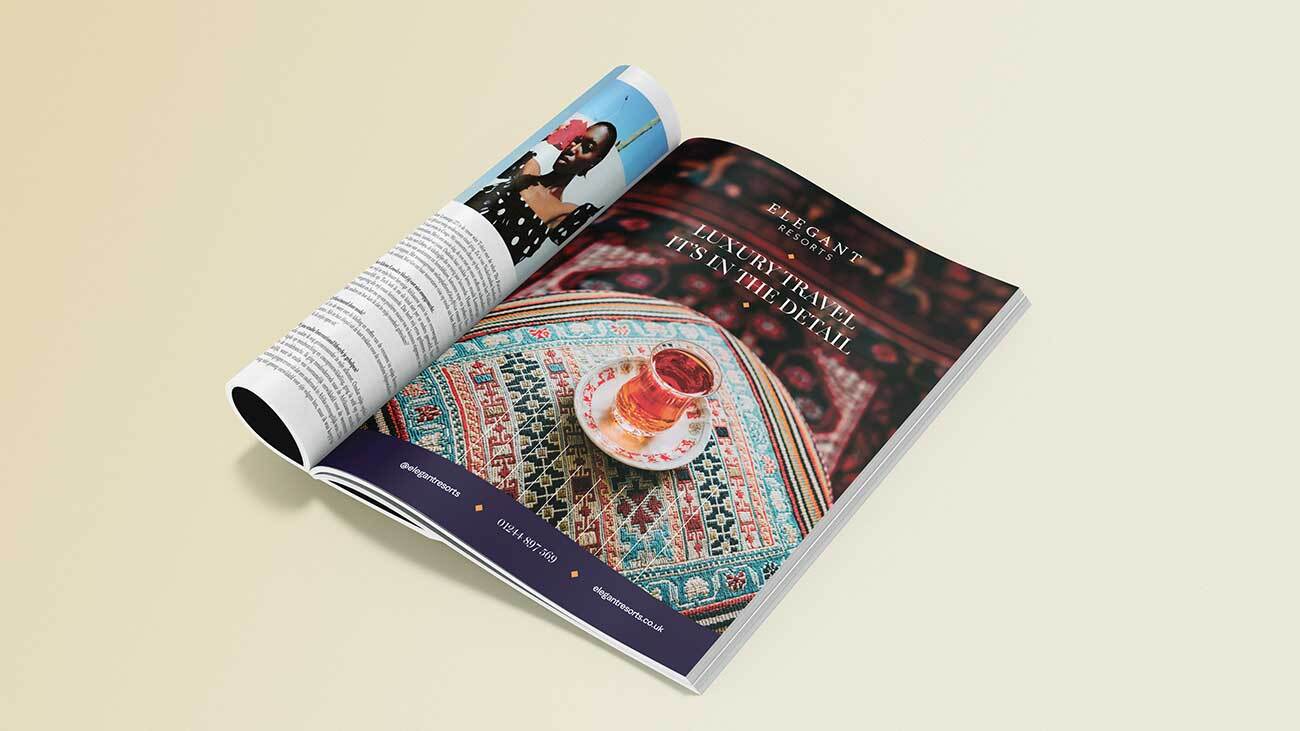Abta 2015: Widening gap emerging between holiday 'haves' and 'have-nots'
Abta has identified a widening gap between “holiday haves” and “have-nots” in Britain amid a clear increase in demand for overseas holidays as those able to afford holidays go away more often.
A study of 2,000 UK adults by research firm Arkenford for Abta found a year on year rise in the total volume of holidays, overseas and domestic, taken in the past 12 months but a decline in the volume of holidaymakers.
Abta's Holiday Habits Report 2015, based on the research and released at the annual Travel Convention in Greece, showed a small rise in the average number of holidays per person year on year from 3.0 to 3.2.
However, the proportion of people taking a holiday fell from 80% to 77% in 2015.
The survey was carried out in August and people were asked whether they had been away in the previous 12 months.
The decline in proportion taking a holiday reflects a trend since 2011 when 90% reported having a holiday of some kind.
The biggest fall was among people on lower incomes, with four out of five (81%) in social group E taking a holiday in 2011, but less than half (49%) doing so in 2015.
Those in social group A took on average eight holidays per person in the past year.
The study shows the average number of overseas holidays per person rising from 1.2 last year to 1.5, with an increase in the number of overseas holidays of more than seven nights.
Abta attributed the rise to improved household finances, increased consumer confidence and the higher value of the pound against the euro. Sterling reached an eight-year high against the euro in July this year.
The increase in overseas holidays may have come at the expense of the domestic market, with the average number of UK holidays per person down in the past year.
However, Abta noted: "Numbers are still much higher than before the financial crisis hit in 2007-08."
Abta chief executive Mark Tanzer said: “The travel industry has seen a steady return to growth in recent years following the worldwide economic crisis. However, some people are clearly still feeling the pinch.”












